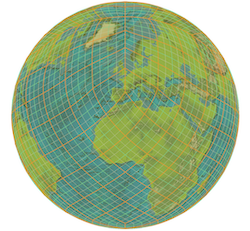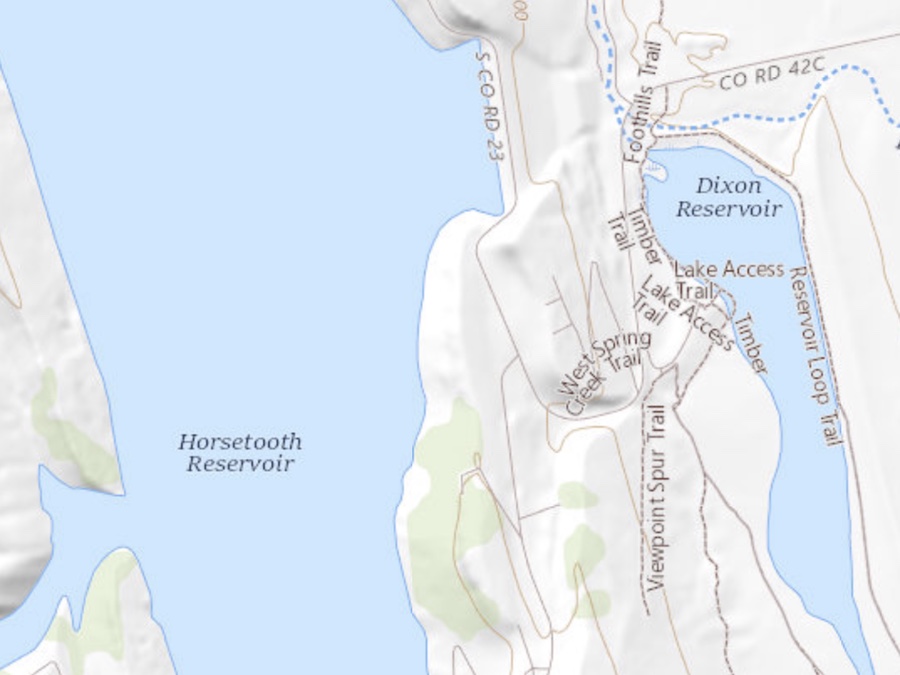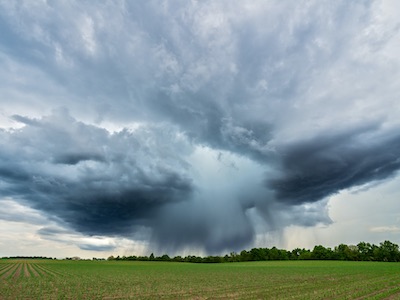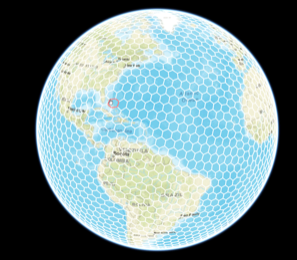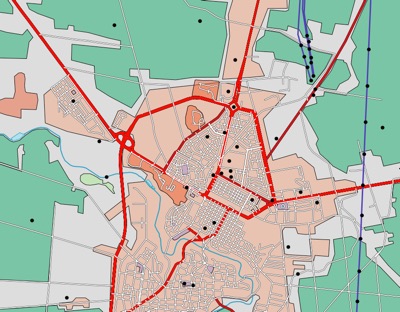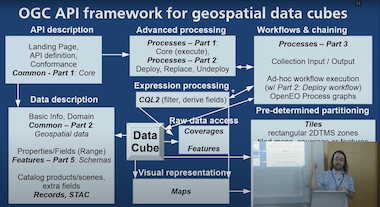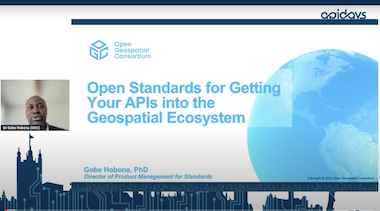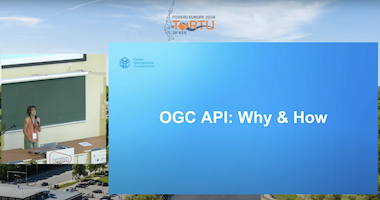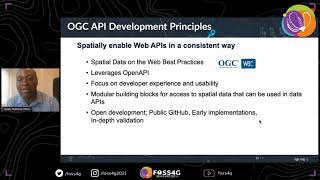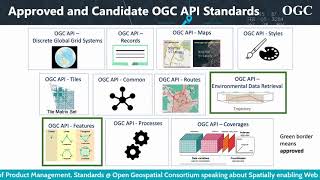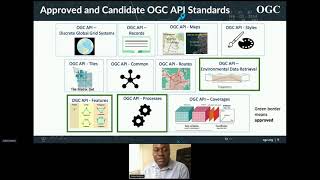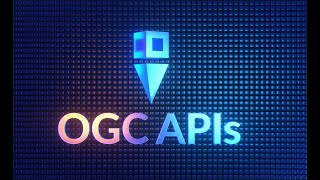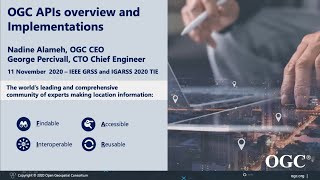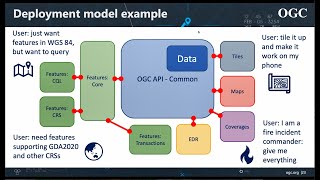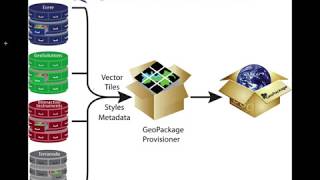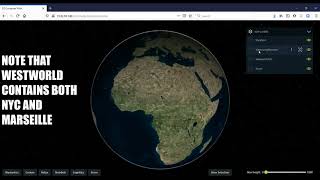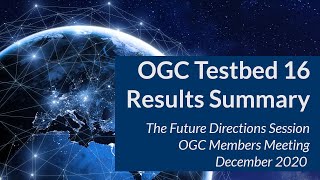OGC is globally known for its proven widely implemented open standards. The OGC open consensus-based standards development process has evolved to move at the pace of innovation, with constant input from technology forecasting, practical prototyping, real-world testing, certification and compliance and community engagement. Today we are revolutionizing how geospatial/location information is shared, accessed, integrated, and analyzed via the OGC’s revolutionary APIs- the building blocks for location information.
OGC APIs are designed to make it easy for ANYONE to provide and use geospatial data on the web, and to integrate this data with ANY other type of information. These Standards build upon the legacy of the OGC Web Service Standards (WMS, WFS, WCS, WPS, etc.), but define resource-centric APIs that take advantage of modern web development practices. This web page provides information on these Standards in a consolidated location.
These Standards are being constructed as "building blocks" that can be used to assemble novel APIs for web access to geospatial content. The building blocks are defined not only by the requirements of the Standards specified in the OGC's Standards Program, but also through interoperability prototyping and testing in the OGC's Collaborative Solutions and Innovation Program.
To learn more about using the OGC APIs please view our guidelines here.
The OGC API Roadmap highlights the current and planned standards efforts as well as related extensions to those standards. The roadmap offers the following views:
To subscribe for notifications when the roadmap is updated, please contact us using the form below and include the message "Roadmap updates".
For more information on the OGC API Standards, please also contact us using the form below.
To find out more about the OGC please visit our public site.


